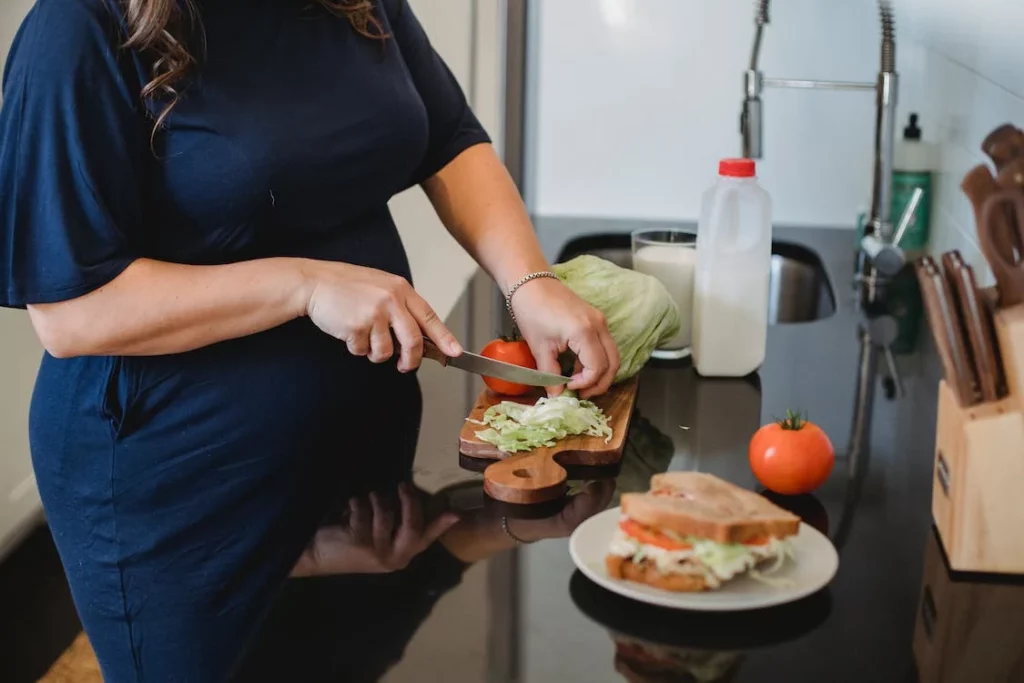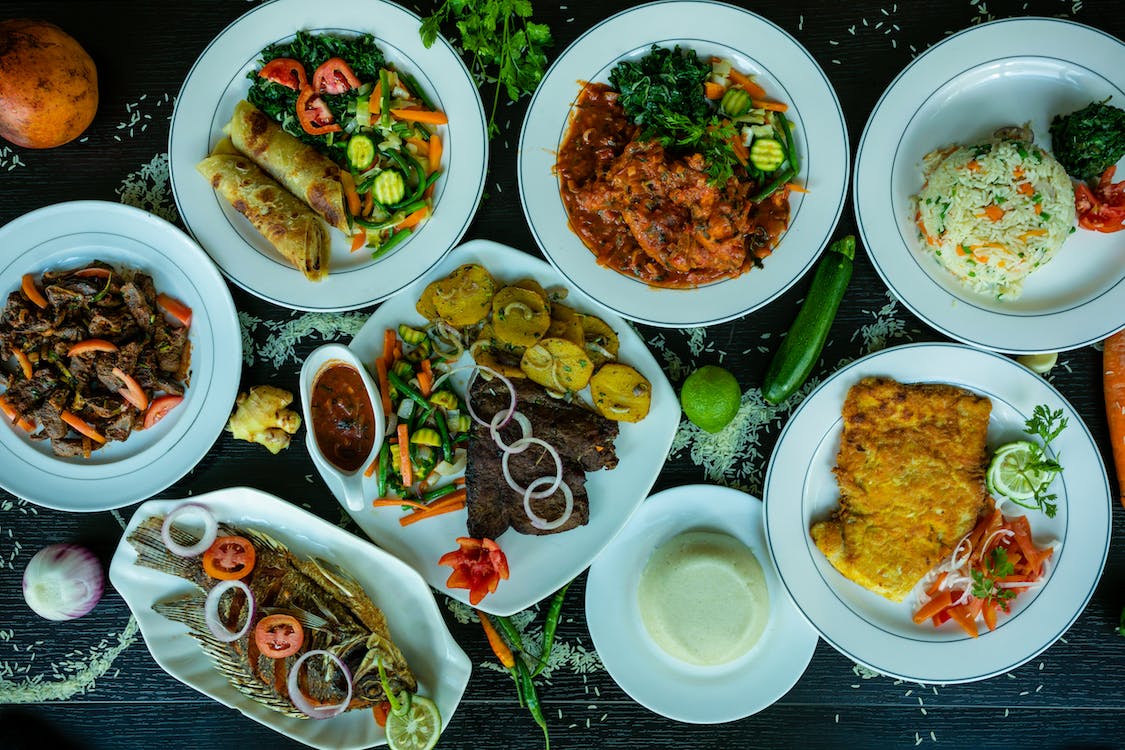Pregnancy is a time of excitement and anticipation, but it’s also a period when expectant mothers need to be particularly mindful of their diet. The food choices you make during pregnancy can significantly impact the health and development of your baby. While there are many foods that provide essential nutrients for a growing fetus, there are also some that can pose a risk of miscarriage. In this blog post, we will explore which foods can cause miscarriage and why it’s crucial to avoid them during pregnancy.
Understanding the Impact of Diet on Pregnancy
Before we dive into specific foods that can increase the risk of miscarriage, let’s discuss the importance of a healthy diet during pregnancy. Your body’s nutritional needs change when you’re expecting, as it must support both your health and the development of your baby.
A balanced diet during pregnancy is essential for providing the necessary nutrients, vitamins, and minerals for fetal growth. However, some foods can carry potential risks, and being aware of them is crucial for a safe and healthy pregnancy journey.
Top Foods That May Cause Miscarriage
- Deli Meats Deli meats, such as ham, turkey, and salami, are a popular choice for sandwiches. However, they can harbor harmful bacteria like Listeria, which can lead to miscarriage. Listeria infection during pregnancy can have serious consequences, so it’s best to avoid deli meats altogether.Tip: Opt for cooked meats as a safer alternative.
- High-Mercury Fish Certain types of fish, like swordfish, king mackerel, and shark, are known for their high mercury content. Mercury can harm a developing fetus’s nervous system and lead to miscarriage or birth defects. To protect your pregnancy, choose low-mercury fish options like salmon, trout, or sardines.Tip: Enjoy fish rich in omega-3 fatty acids for a healthy alternative.

- Unpasteurized Dairy Products Unpasteurized dairy products, including some soft cheeses, can carry harmful bacteria like E. coli and Listeria. Ingesting these bacteria can increase the risk of miscarriage. To avoid this, stick to pasteurized dairy products during pregnancy.Tip: Opt for hard cheeses like cheddar or Swiss, which are typically safe for consumption.
- Raw Eggs Raw or undercooked eggs may contain Salmonella, a bacterium that can cause food poisoning and complications during pregnancy. Cooking eggs thoroughly is essential to reduce the risk of infection.Tip: Use pasteurized eggs in recipes that call for raw or lightly cooked eggs.
- Caffeine While a small amount of caffeine is generally considered safe during pregnancy, excessive caffeine intake can increase the risk of miscarriage. It’s wise to limit your caffeine consumption or switch to decaffeinated options during this time.Tip: Opt for caffeine-free herbal teas or decaffeinated coffee.
- Alcohol Alcohol consumption during pregnancy is strongly discouraged as it can lead to fetal alcohol syndrome and increase the risk of miscarriage. It’s safest to avoid alcohol entirely during this period.Tip: Replace alcoholic beverages with non-alcoholic alternatives.
- Excessive Vitamin A While vitamin A is crucial for fetal development, excessive intake, particularly in the form of supplements, can lead to birth defects and miscarriage. It’s best to obtain vitamin A from a balanced diet.Tip: Consume vitamin A-rich foods like carrots, sweet potatoes, and spinach in moderation.
- Unwashed Produce Fruits and vegetables are essential for a healthy pregnancy, but unwashed produce can carry harmful bacteria on their surfaces. Always wash fruits and vegetables thoroughly before consuming them to reduce the risk of infection.Tip: Rinse produce under running water and scrub when necessary.
Safeguarding Your Pregnancy Through Smart Food Choices
In conclusion, while pregnancy is a time of joy and anticipation, it’s crucial to be mindful of your dietary choices to ensure a safe and healthy pregnancy. Avoiding foods that can cause miscarriage, as discussed above, is an essential step in safeguarding both your health and the well-being of your baby.

Remember that maintaining a balanced and nutritious diet, along with regular prenatal check-ups, is vital for a successful pregnancy journey. By making informed food choices and prioritizing your health, you can increase the chances of a smooth and complication-free pregnancy.
If you have any concerns or questions about your diet during pregnancy, always consult with your healthcare provider for personalized guidance and support. Your doctor can provide you with specific recommendations tailored to your individual needs, ensuring the best possible outcomes for you and your baby.


